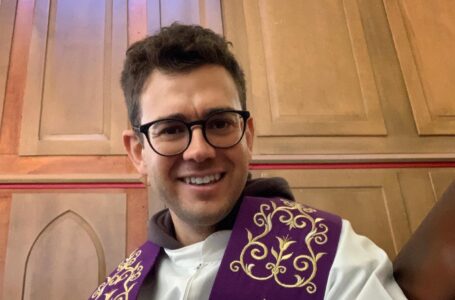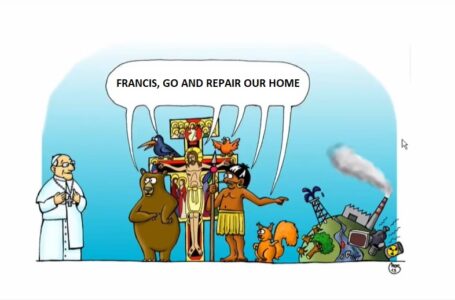Do We Meet Loved Ones in Afterlife?

Photo: Carolyna Booth
I would like to share a question which has silently tormented me for the past 10 years: Do we meet our loved ones in the afterlife? Can God, who is Love itself, give us in this earthly life, persons to love and who love us only to be separated from them forever when death sets in?
We have a thirst for eternity
These questions raised on whether we meet our loved ones in the afterlife illustrate the quality that human beings have of being capable of reflecting on life, death, and on the meaning of relationships. It raises a legitimate protest. We human beings instinctively sense that it would be absurd if something which is good is created only to be then destroyed. We have a thirst for eternity. But at the same time, we cannot make it happen for ourselves.
Christ was raised from the dead “in the flesh”
The Christian is called to reflect on these questions in the light of Revelation; the truth which God has chosen to share with us through Jesus Christ. Jesus, the Word of God made flesh (cf. Jn 1,14), is the one who, not only affirms relationships, but gives them a central place in his ministry. He saves by entering into life-giving relationships. Jesus calls disciples “to be with him and to be sent” (cf. Mk, 3,14). He calls his disciples “friends” (Jn 15,15) and eats with the Pharisees and the publicans. Jesus visits Zaccheus in his house, and goes to the home of Martha, Mary, and Lazarus.
Even when evil tries to destroy completely these relations of love – “If you are the Son of God, come down from the cross” (Mt 27,40) – God remains committed to a love that seeks the good of the other at all costs. When Jesus was killed it seemed that evil had had the last word. However, he was raised from the dead “in the flesh” (cf Lk 24, 29) and met his disciples, re-establishing the relationship. Jesus greeted them with the words: “Peace be with you”. Thus, in his resurrection, he met them, not in anger or revenge but with the merciful love of God.
Saints are not lost, we address them
The fact that Jesus Christ was risen “in the flesh” is very relevant to the question being asked here – do we meet our loved ones in the afterlife? It is in our body that we are identified as human beings with our particular character and story. Through the death and resurrection of Jesus, we are saved in our totality as human beings, with our personality. Not only does Jesus, through his life, death and resurrection, take our humanity on the right hand of the Father, but he also assures us that we are saved as human persons with our specific story.
The feast of the Assumption of Our Lady – the bodily assumption of Mary into Heaven – is the fruit of the Resurrection promised to us as well. When we celebrate the feasts of saints we do not speak of their “energy” in an abstract way. We relate to them as persons; saints who have names. We tell their stories: who they were, what they did, the relationships they formed. So these people are not gone forever. We address them directly. We believe that they are still present, there, in the afterlife.
He called us to form loving relationships that will last forever
This is what is promised to us as well through the Resurrection of Jesus. We will be saved in our body, as persons loved by God, but also as people called into the communion of the Trinity. Our relationships are what also make us in the image of God. And God is faithful. God is a God of communion who created us in his image and likeness (Gen 1, 27). He called us to form loving relationships. God constantly works for our salvation: that these relationships are purified and kept forever, including in the afterlife. We are called to respond to this call. Or, as some might say: we are called to join in the dance of the Trinity.
Read more:
– Top Pope Francis’ Quotes On Death
– Heaven Is My Home











